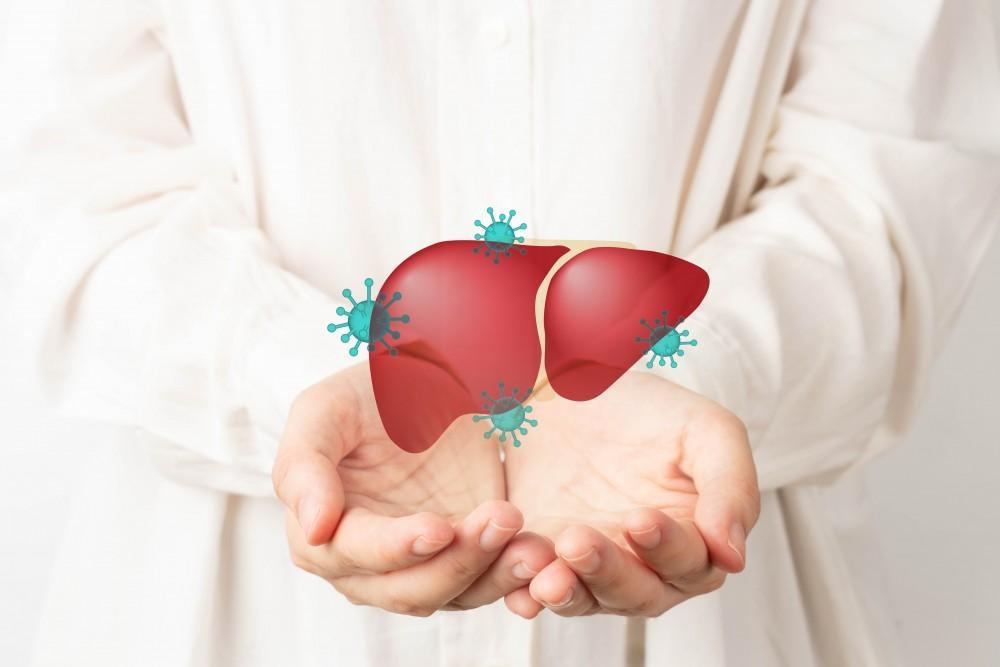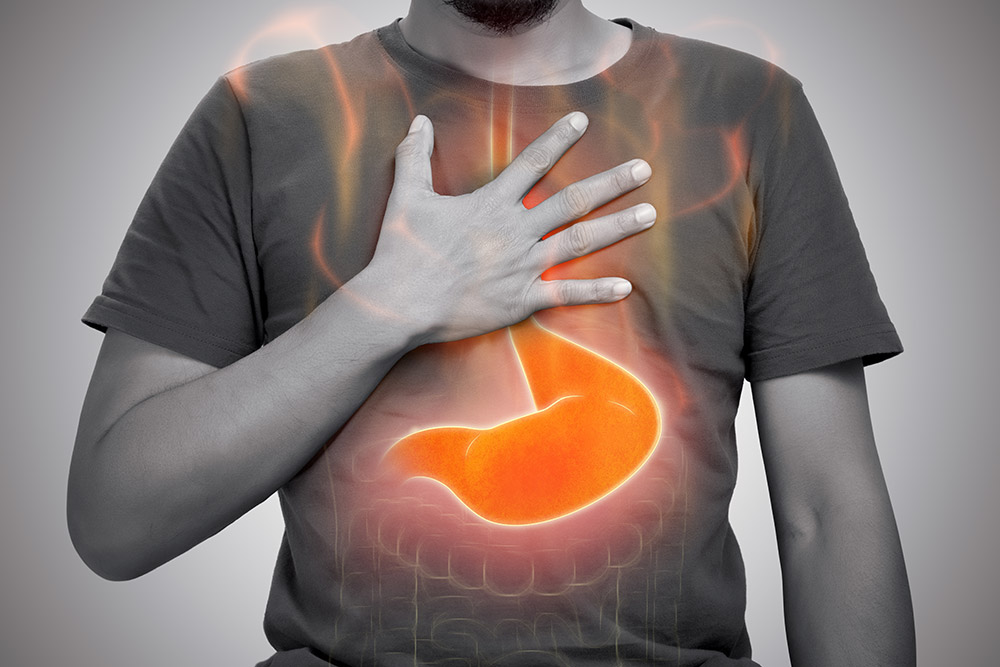Expert Treatment for Dyspepsia by Dr. Bharat Pothuri
Dr. Pothuri uses a step-by-step approach:
Medical History and Physical Exam
He reviews your symptom timeline, eating patterns, stress levels, medication use and family history of digestive disorders. During the exam, he palpates the upper abdomen to pinpoint epigastric tenderness, bloating or other signs of dyspepsia.
Laboratory Tests
Blood work evaluates for anemia, inflammation markers and metabolic causes. Noninvasive H. pylori testing (breath, stool or serology) helps identify or rule out infection.
Upper Endoscopy
- Direct visualization of the esophagus, stomach and duodenum to detect ulcers, gastritis or structural issues.
- Targeted biopsies to exclude celiac disease, H. pylori or rare malignancies.
Functional and Imaging Studies (if needed)
Gastric emptying studies assess for delayed stomach motility (gastroparesis). An abdominal ultrasound can rule out gallbladder or biliary pathology that may mimic epigastric pain.
Frequently Asked Questions
Can dyspepsia be serious?
Most cases are mild. But if symptoms last longer than two weeks, it's time to see a specialist.
How long does treatment take?
Many people feel better in four to six weeks with the right care.
Can stress cause indigestion?
Yes. Stress can increase stomach acid and slow digestion, worsening dyspepsia symptoms.
Is endoscopy painful?
No. Light sedation is used, and most patients feel little to no discomfort during the procedure.
Does H. pylori always cause symptoms?
No. Some people carry the bacteria without symptoms. Treating it, however, helps prevent ulcers and reduces dyspepsia.
What is the difference between GERD and dyspepsia?
GERD involves acid reflux into the esophagus, while dyspepsia refers to discomfort or pain in the upper stomach itself.
Is this covered by insurance?
Yes. Most plans cover care for dyspepsia, and we use ICD-10 code K30 for billing and documentation.












